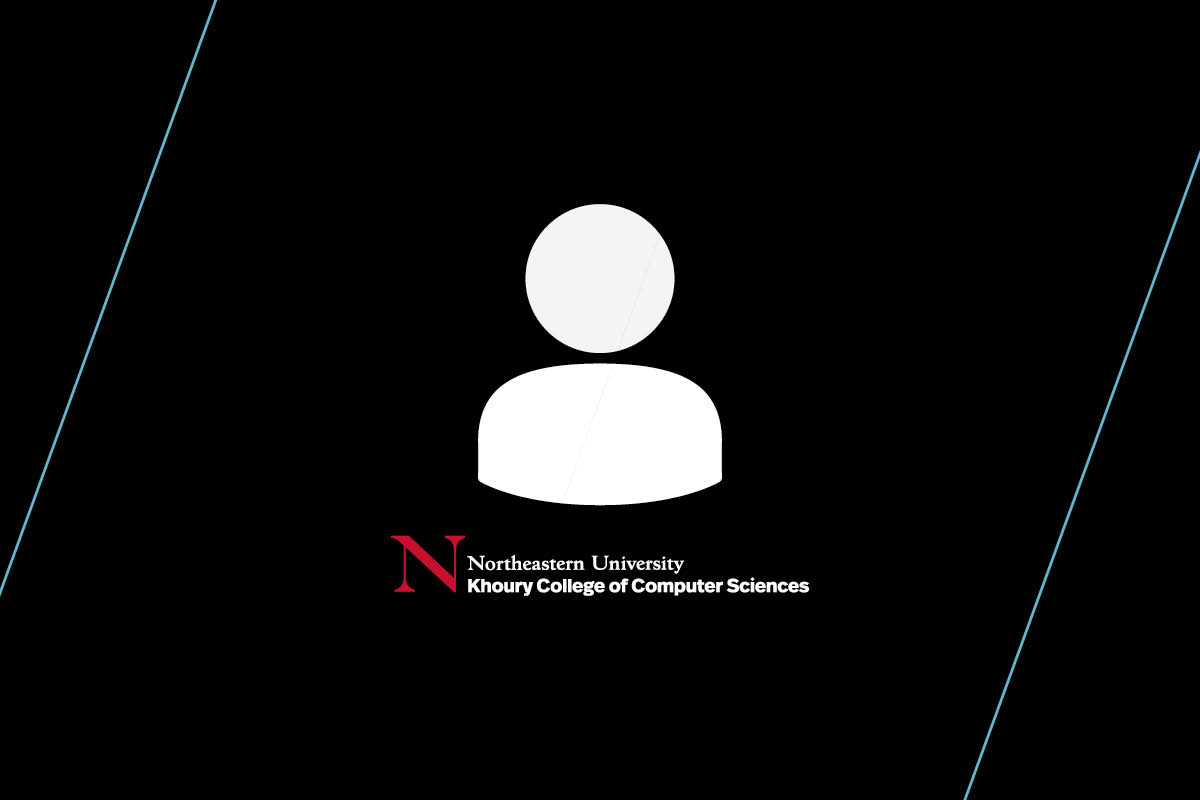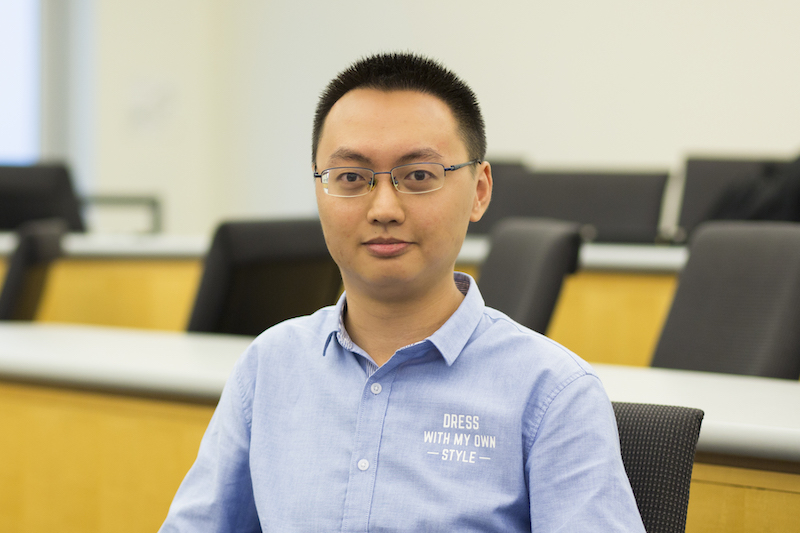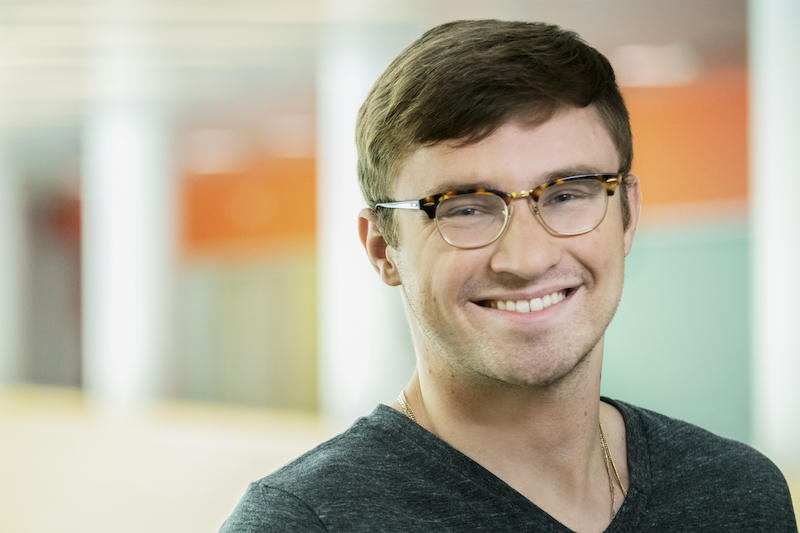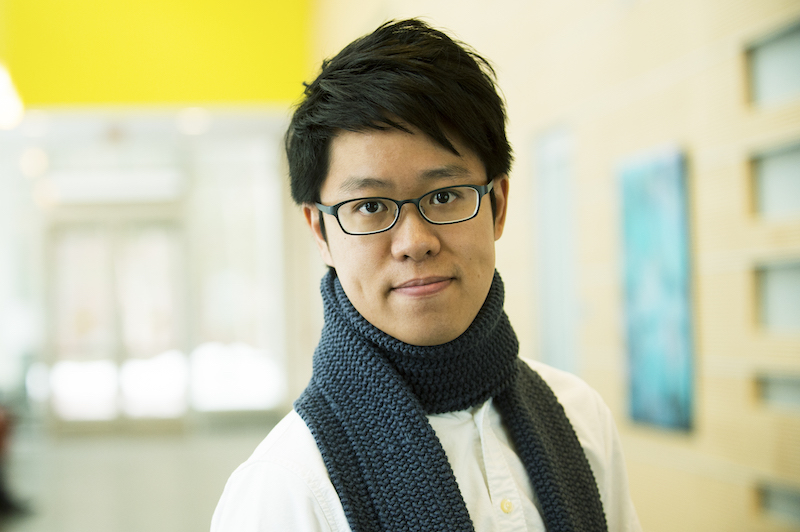Emanuele Viola
Professor
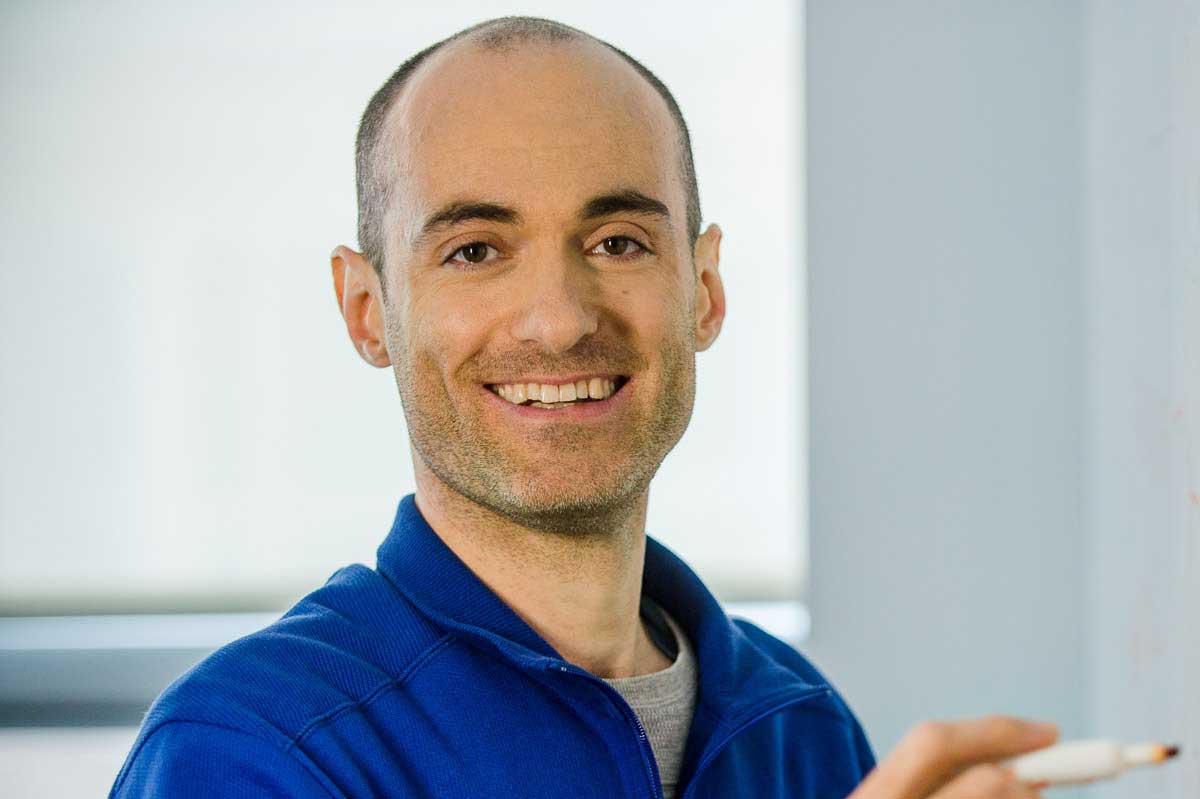
Research interests
- Theoretical computer science
Education
- PhD in Computer Science, Harvard University
- BS in Computer Science, La Sapienza University — Italy
Biography
Emanuele Viola is a professor in the Khoury College of Computer Sciences at Northeastern University, based in Boston.
Viola's main research interest is in theoretical computer science, including pseudo-randomness, cryptography, data structures, communication complexity, and circuit lower bounds. He has made fundamental contributions to the field, including solving long-standing open problems. In addition to computer scientists, his research has influenced leading researchers in mathematics and finance.
After earning his PhD in computer science from Harvard University in 2006, Viola became a postdoctoral fellow at Princeton University's Institute for Advanced Study. In 2007, he worked as a postdoctoral fellow with Rocco Servedio at Columbia University. Viola received the NSF CAREER Award in 2009, the Best Paper Award at the Computational Complexity Conference in 2008, and the SIAM Student Paper Prize in 2006.
Labs and groups
Projects
Recent publications
-
Pseudorandom bits for non-commutative programs
Citation: Chin Ho Lee, Emanuele Viola. (2025). Pseudorandom bits for non-commutative programs CoRR, abs/2506.01832. https://doi.org/10.48550/arXiv.2506.01832 -
Boosting Uniformity in Quasirandom Groups: Fast and Simple
Citation: Harm Derksen, Chin Ho Lee, Emanuele Viola. (2024). Boosting Uniformity in Quasirandom Groups: Fast and Simple FOCS, 1425-1430. https://doi.org/10.1109/FOCS61266.2024.00091 -
Pseudorandomness, symmetry, smoothing: I
Citation: Harm Derksen, Peter Ivanov, Chin Ho Lee, Emanuele Viola. (2024). Pseudorandomness, symmetry, smoothing: I CoRR, abs/2405.13143. https://doi.org/10.48550/arXiv.2405.13143 -
Fourier Conjectures, Correlation Bounds, and Majority
Citation: Viola, Emanuele. "Fourier conjectures, correlation bounds, and majority." 48th International Colloquium on Automata, Languages, and Programming (ICALP 2021). Schloss Dagstuhl-Leibniz-Zentrum für Informatik, 2021. -
Average-case rigidity lower bounds
Citation: Huang, Xuangui, and Emanuele Viola. "Average-case rigidity lower bounds." In International Computer Science Symposium in Russia (CSR 2021), pp. 186-205. Springer, Cham, 2021 -
Approximate Degree, Weight, and Indistinguishability
Citation: Huang, Xuangui, and Emanuele Viola. "Approximate Degree, Weight, and Indistinguishability." To appear in ACM Transactions on Computation Theory. -
How to Store a Random Walk
Citation: Emanuele Viola, Omri Weinstein, Huacheng Yu. (2020). How to Store a Random Walk SODA, 426-445. https://doi.org/10.1137/1.9781611975994.26 -
Lower bounds for data structures with space close to maximum imply circuit lower bounds
Citation: Viola, Emanuele. "Lower bounds for data structures with space close to maximum imply circuit lower bounds." Theory of Computing 15.1 (2019): 1-9. DOI: 10.4086/toc.2019.v015a018 -
Indistinguishability by Adaptive Procedures with Advice, and Lower Bounds on Hardness Amplification Proofs
Citation: A. Grinberg, R. Shaltiel and E. Viola, "Indistinguishability by Adaptive Procedures with Advice, and Lower Bounds on Hardness Amplification Proofs," 2018 IEEE 59th Annual Symposium on Foundations of Computer Science (FOCS), 2018, pp. 956-966, doi: 10.1109/FOCS.2018.00094. -
The multiparty communication complexity of interleaved group products
Citation: W.T. Gowers and Emanuele Viola -
From RAM to SAT
Citation: Zahra Jafargholi, Hamidreza Jahanjou, Eric Miles, Jaideep Ramachandran, Emanuele Viola. From RAM to SAT. Electronic Colloquium on Computational Complexity (ECCC) 19: 125 (2012) -
3sum, 3xor, triangles
Citation: Jafargholi, Z. and Viola, E., 2013. 3sum, 3xor, triangles. Algorithmica, January 2016 -
Substitution-permutation networks, pseudo random functions, and natural proofs
Citation: Eric Miles and Emanuele Viola
